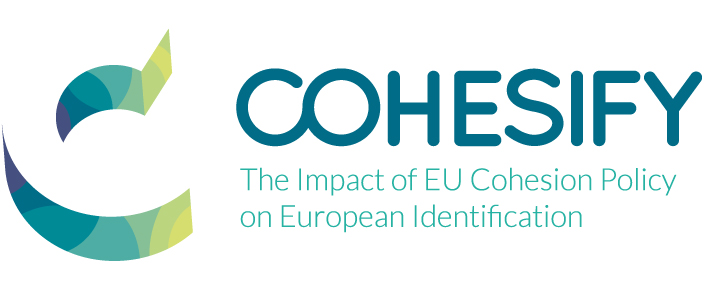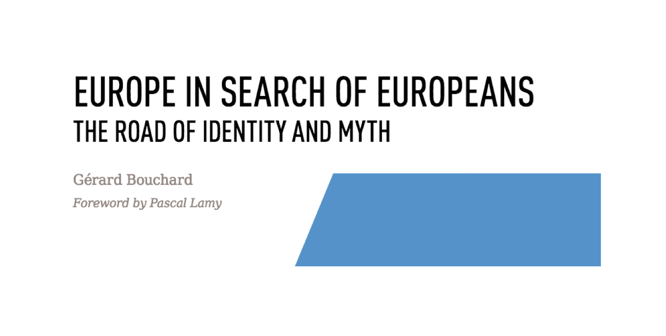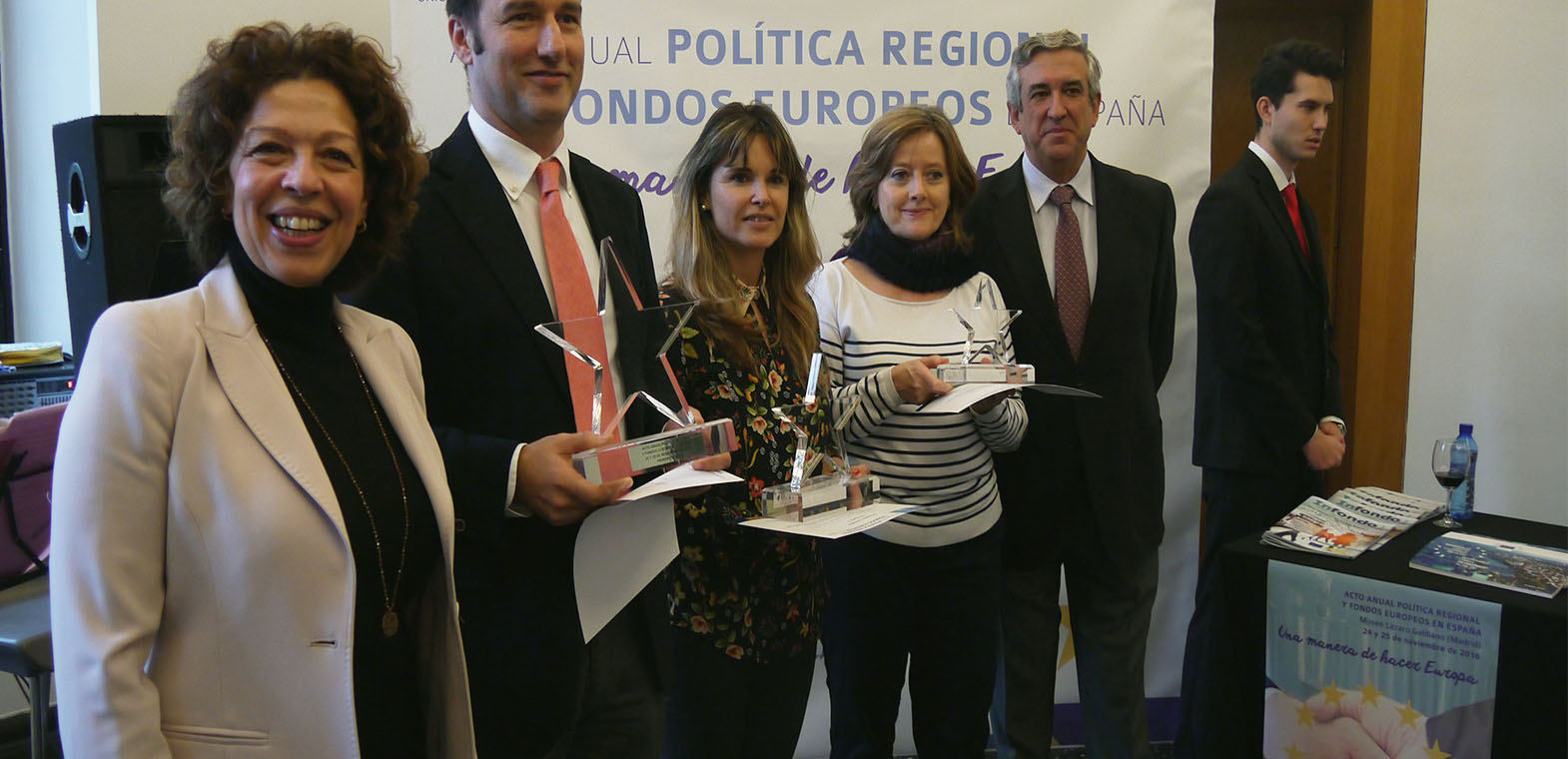
COHESIFY partner organises communication event in Madrid
January 19, 2017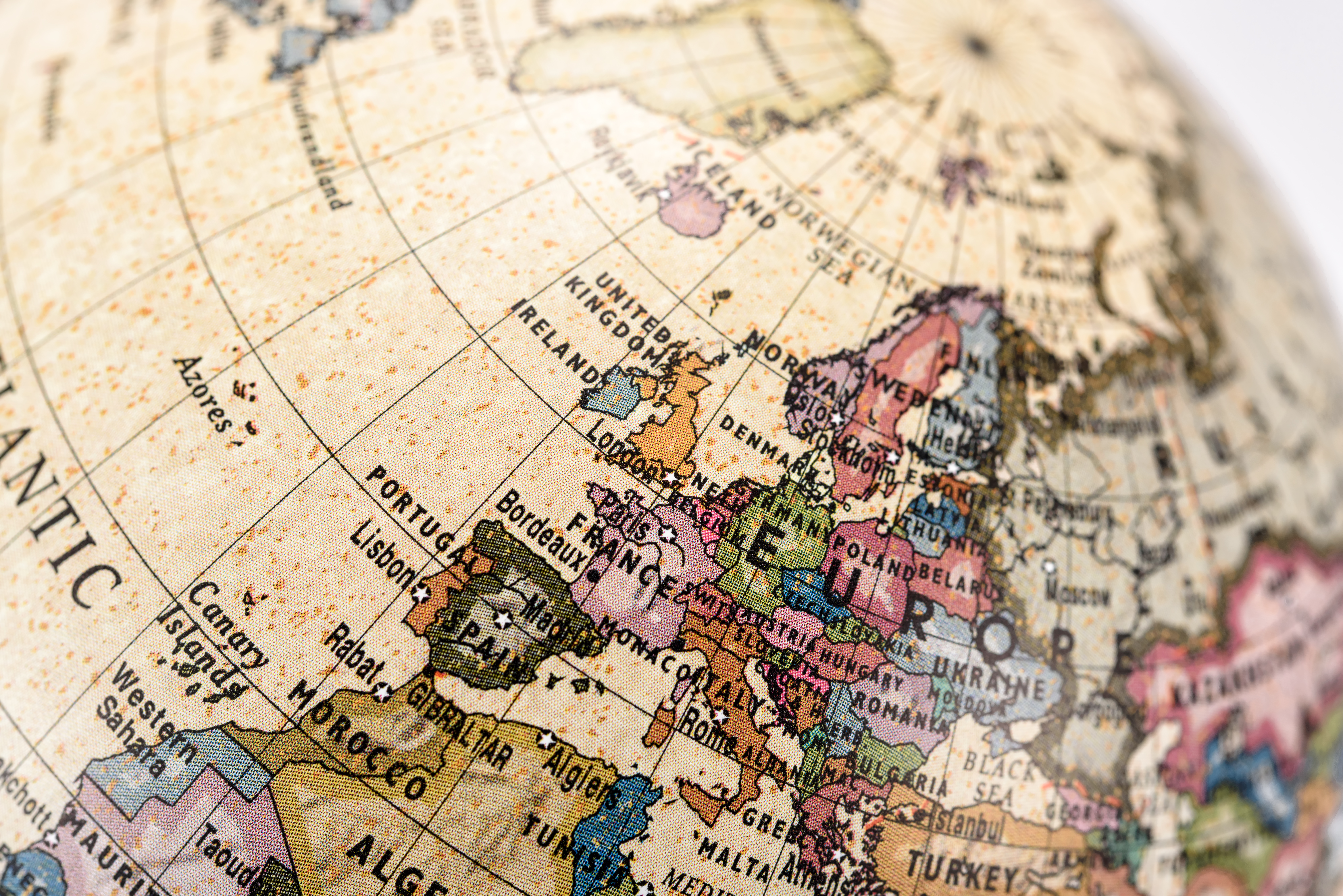
Call for papers EUGEO Conference 2017
February 27, 2017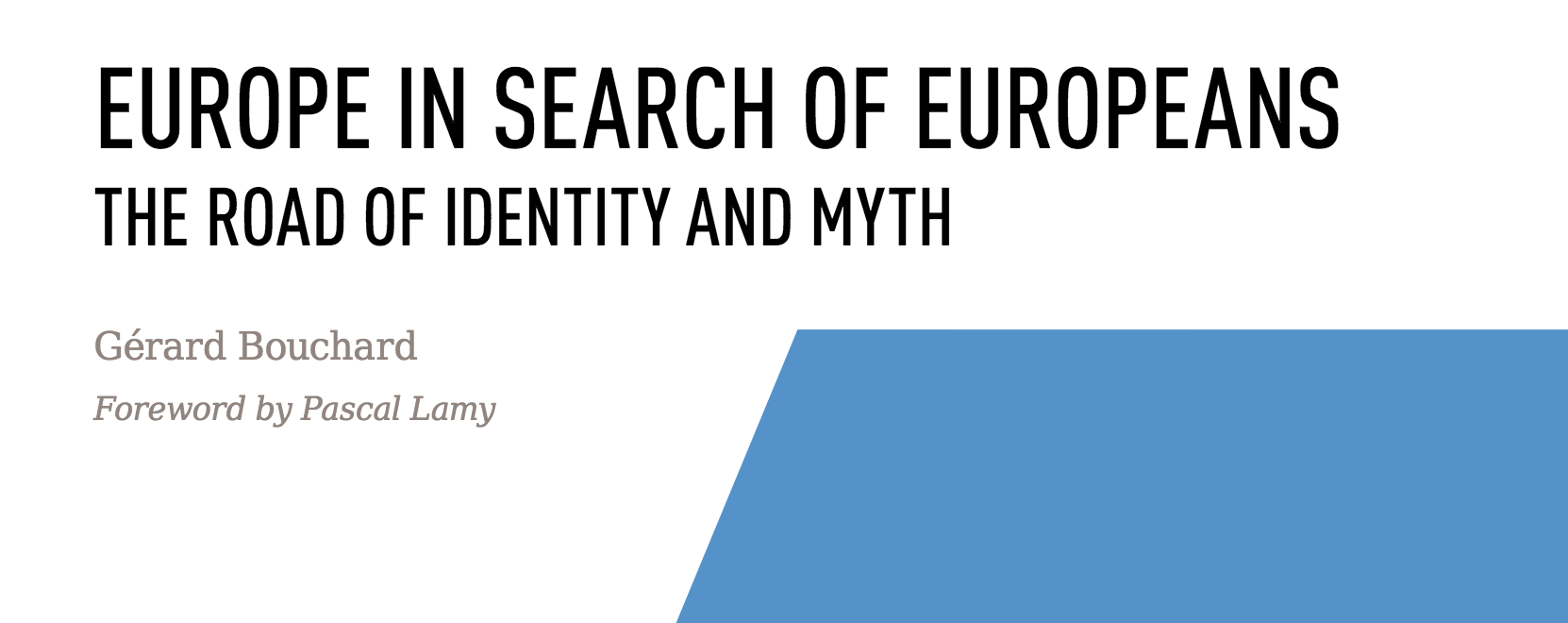
The choices of the founders of the ‘new Europe’ were to build it “by enlightened elites away from and, if necessary, against the nations” but these self-same choices are now obstacles to its development.
What were seen as strengths in the wake of an era of nationalism and ultra-nationalism, and its legacies of atrocities, led to a supranational model of governance that distrusted nations and well as the people. This is the main thesis of an interesting new study by historian and sociologist, Professor Gérard Bouchard of Université du Québec ‘Europe in search of Europeans: the road of identity and myth’ published by Notre Europe.
The study begins by reviewing the cultural choices made by the founders which allowed the EU to be established and develop rapidly. It then shows how these same choices underlie the current problems of the EU, with the Union failing to adapt to a changing external environment. In order to succeed, Bouchard maintains that the EU needs to change its perspective: avoid seeing itself in permanent tension with the Member States and “harness rather than stifle the nations’ still substantial symbolic resources and energy” in order to build a basis for future legitimacy and public support.
Bouchard argues that the future of the EU depends on it finding a way “to mend fences with the nations in order to put an end to a long-standing detrimental tension, harness rather than stifle the nations’ still substantial symbolic resources and energy, and secure a platform to build new European myths.” In part, this will require the development of a European identity through a Europeanisation of national myths. “The goal is to carve myths that would resonate both at the continental and national levels. In other words: to fashion a true European voice with strong national echoes.”
Professor John Bachtler European Policies Research Centre, University of Strathclyde
